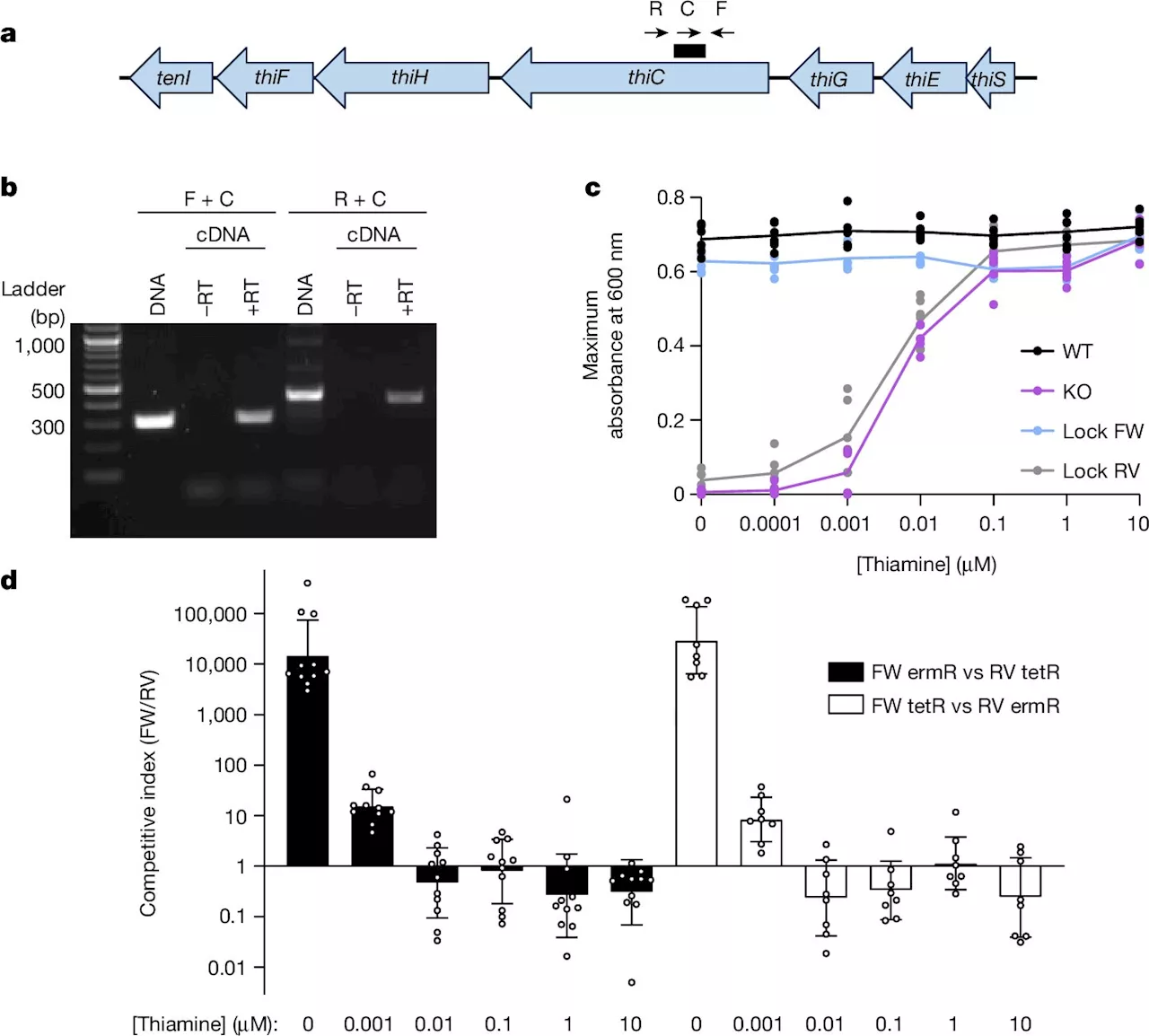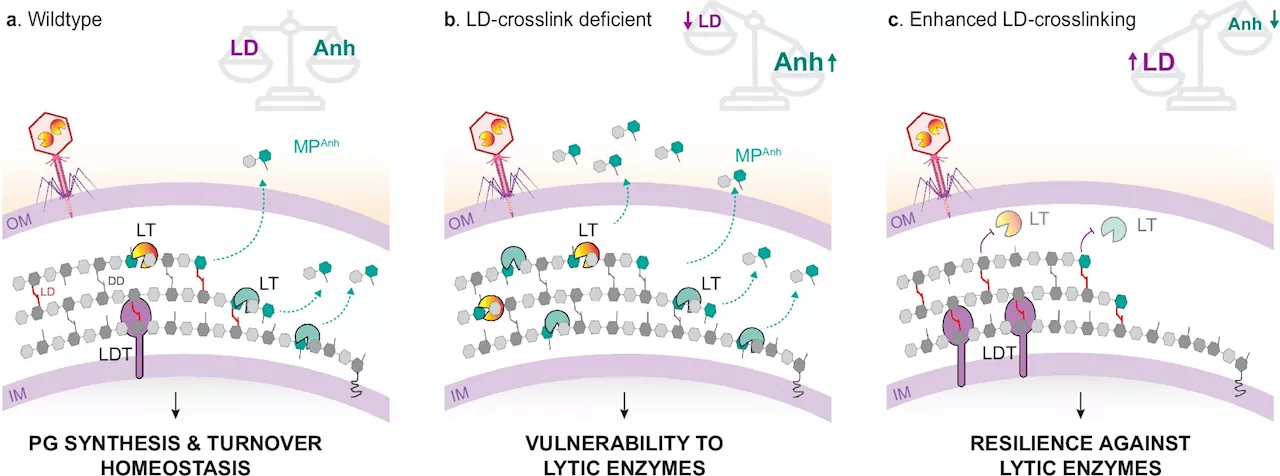A new study reveals widespread resistance of a major bacterial pathogen to the active ingredients in cleaning agents commonly used in hospitals and homes.
The American Chemical Society Infectious Diseases published the research, led by chemists at Emory University. It demonstrates the surprising level of resistance to cleaning agents of multidrug-resistant, including a novel compound developed at Emory in collaboration with Villanova University. The researchers describe how these biocides work differently than most disinfectants currently in use.
"Resistance of pathogens to cleaning agents is an area that's often overlooked," Vargas-Cuebas says,"but it's an important area of study, especially with the rise in antibiotic-resistant pathogens worldwide."Quaternary ammonium compounds, or QACs, are active ingredients commonly seen in household and hospital cleaners, including some disinfectant sprays and liquids, antibacterial sanitizing wipes and soaps.
The results showed that all 20 strains were at least partially resistant to QACs -- the common active ingredient in most front-line cleaning agents -- and 80% of the strains were fully resistant to QACs. They showed that this same mechanism underlies the effectiveness of two commercial antiseptics: octenidine, more commonly used in Europe as a hospital antiseptic, and chlorhexidine, a common ingredient in mouthwashes.
Diabetes Tuberculosis Pharmacology Microbes And More Bacteria Cell Biology Mice
Nigeria Latest News, Nigeria Headlines
Similar News:You can also read news stories similar to this one that we have collected from other news sources.
 Bacterial 'flipping' allows genes to assume different formsImagine being one cartwheel away from changing your appearance. One flip, and your brunette locks are platinum blond. That's not too far from what happens in some prokaryotes, or single-cell organisms, such as bacteria, that undergo something called inversions.
Bacterial 'flipping' allows genes to assume different formsImagine being one cartwheel away from changing your appearance. One flip, and your brunette locks are platinum blond. That's not too far from what happens in some prokaryotes, or single-cell organisms, such as bacteria, that undergo something called inversions.
Read more »
 Bacterial 'flipping' allows genes to assume different formsImagine being one cartwheel away from changing your appearance. One flip, and your brunette locks are platinum blond. That's not too far from what happens in some prokaryotes, or single-cell organisms, such as bacteria, that undergo something called inversions.
Bacterial 'flipping' allows genes to assume different formsImagine being one cartwheel away from changing your appearance. One flip, and your brunette locks are platinum blond. That's not too far from what happens in some prokaryotes, or single-cell organisms, such as bacteria, that undergo something called inversions.
Read more »
 Study unveils a novel protective mechanism in bacterial cell wallsResearchers from Umeå University, Sweden, and Cornell University, U.S., have discovered a widespread mechanism in bacteria that enhances the bacteria's defense against environmental threats.
Study unveils a novel protective mechanism in bacterial cell wallsResearchers from Umeå University, Sweden, and Cornell University, U.S., have discovered a widespread mechanism in bacteria that enhances the bacteria's defense against environmental threats.
Read more »
 Study unveals a novel protective mechanism in bacterial cell wallResearchers have discovered a widespread mechanism in bacteria that enhances the bacteria's defense against environmental threats.
Study unveals a novel protective mechanism in bacterial cell wallResearchers have discovered a widespread mechanism in bacteria that enhances the bacteria's defense against environmental threats.
Read more »
 Type 1 Diabetes May Be Triggered by Bacterial Infections, Scientists FindThe Best in Science News and Amazing Breakthroughs
Type 1 Diabetes May Be Triggered by Bacterial Infections, Scientists FindThe Best in Science News and Amazing Breakthroughs
Read more »
 Russian ‘spy whale’ in Norway wasn’t shot dead, likely died of bacterial infectionAuthorities say a beluga whale that lived off Norway’s coast and whose harness ignited speculation that it was a Russian spy, was not shot to death as claimed by animal rights groups but died of a bacterial infection
Russian ‘spy whale’ in Norway wasn’t shot dead, likely died of bacterial infectionAuthorities say a beluga whale that lived off Norway’s coast and whose harness ignited speculation that it was a Russian spy, was not shot to death as claimed by animal rights groups but died of a bacterial infection
Read more »
